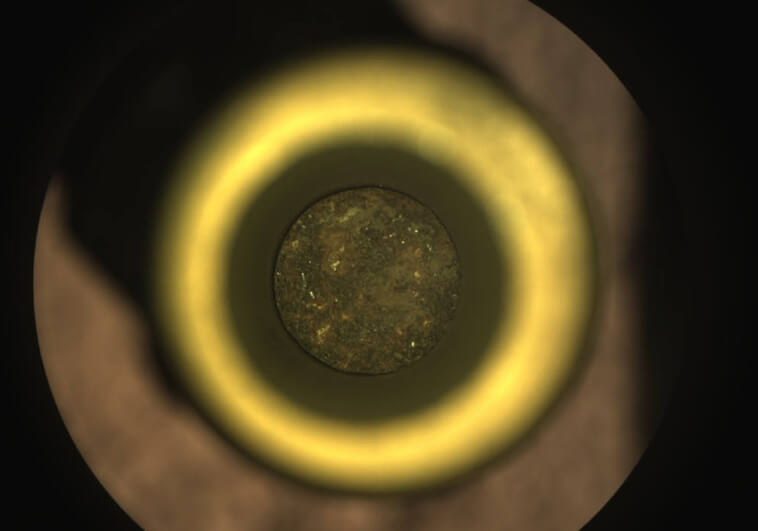In a groundbreaking development, NASA's rover Perseverance has uncovered new evidence of organic matter on Mars, reigniting the age-old question of whether the Red Planet could have once supported life. The barren and icy Martian desert we know today was once a vastly different world, with rivers, lakes, and seas teeming with potential organisms billions of years ago. Perseverance, exploring the ancient Jezero Crater since February 2021, has detected traces of organic molecules, considered the "building blocks of life," providing hope for the possibility of past or even current extraterrestrial life.

Equipped with the state-of-the-art Scanning Habitable Environments with Raman and Luminescence for Organics and Chemicals (SHERLOC) instrument, Perseverance has collected multiple samples from various rock formations within the crater. The results have revealed the presence of diverse organic molecules, including hydrocarbons, suggesting a complex geochemical cycle and potentially habitable conditions on Mars in its distant past. These findings challenge previous assumptions and open up exciting new avenues of exploration for scientists.
While the exact origin of the discovered organic matter remains unclear, it holds great promise for understanding the availability of carbon sources and searching for potential bio-signatures. The molecules may have been formed through interactions between water and rock, the influence of meteorites, or even through deposits of space dust. Unraveling the mystery behind Martian organic matter could provide crucial insights into the possibilities of life beyond Earth.
This is not the first encounter with organic matter on Mars; the Curiosity rover previously made similar discoveries in the Gale Crater. However, the widespread presence of organic molecules across different Martian regions suggests that the basic building blocks of life are not limited to specific locations but have a more pervasive presence on the Red Planet. These findings underscore the need for further exploration and study to determine the extent and diversity of Martian organic compounds.
Excitement is mounting as Perseverance continues its mission, with plans for future expeditions like the Mars Sample Return mission. This ambitious endeavor aims to bring back carefully preserved samples to Earth for detailed analysis in laboratory settings. By examining these samples, scientists hope to definitively answer the age-old question of whether Mars once harbored life. The discoveries made by Perseverance represent significant strides in our understanding of the potential for extraterrestrial life and pave the way for future missions that will unlock the secrets of our neighboring planet.
Sources: